(ECNS) -- China has launched a nationwide anti-corruption movement in its medical sector, with multiple provinces and municipalities stepping up efforts in cracking down on corruption.
As of Tuesday, eight provincial-level regions, including Beijing, Shanghai, east China’s Jiangsu and Shandong, northwest China’s Shaanxi, Shanxi, southwest China's Tibet Autonomous Region, and south China's Hainan Province have revved up efforts.
In July, the National Health Commission, the National Healthcare Security Administration, the State Administration for Market Regulation and six other government agencies launched a year-long campaign to rectify corruption in the county’s pharmaceutical industry, according to a statement released by the health commission on July 21.
Some senior executives of listed pharmaceutical companies have been detained or placed on file for investigation.
In a case revealed by the Communist Party of China Central Commission for Discipline Inspection and the National Supervisory Commission, the country’s top anti-graft authorities, Yang Wenjun, former president of Puer People's Hospital in Yunnan Province, pocketed 16 million yuan (about $2.22 million) from a supplier when the hospital bought medical equipment worth 35.2 million yuan.
Currently, at least 159 presidents and high-level officials of hospitals nationwide have been placed under investigation, double the number in 2022, media calculated.
“Presidents have the final say in many hospitals. They could say no when subordinates follow regulations, which has invalidated some rules and regulations,” said Deng Wei, a professor from the National Institute of Chinese Medicine and Development and Strategy, Beijing University of Chinese Medicine.
Deng added that intricate industrial chains of the pharmaceutical industry and strict supervision makes benefit exchange more subtle and difficult to detect. He believes that the key to curb corruption in this industry is to correct blind spots of supervision and loopholes in the system.
He noted that on the one hand, authorities should conduct stricter unannounced inspections and supervision over major issues and high-level official appointments of hospitals, while on the other hand, hospitals should promote data transparency by making public the qualifications and powers of experts, as well as decision-making process and results to win public trust.








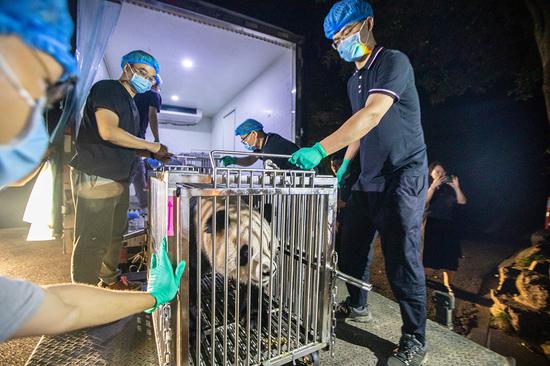


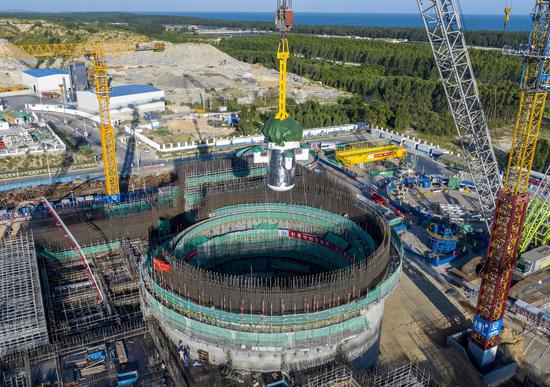

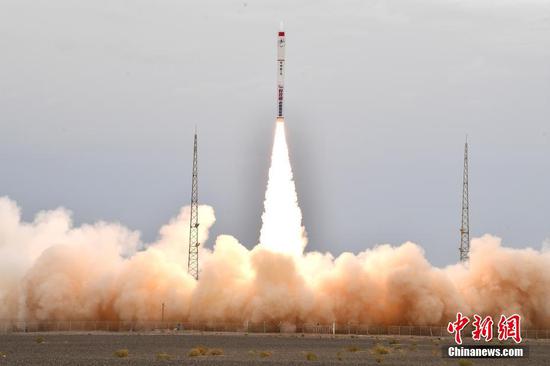

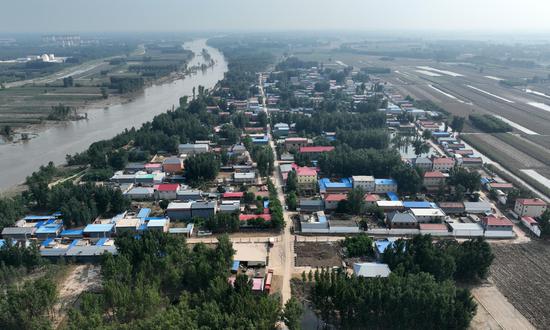





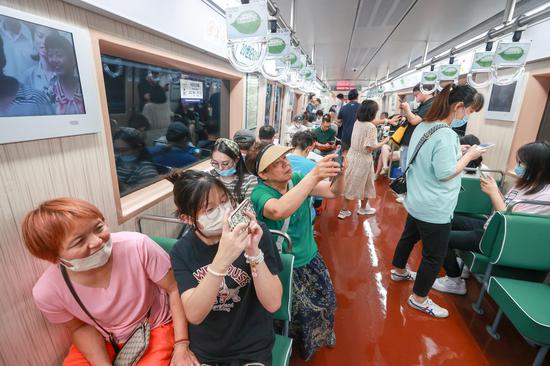
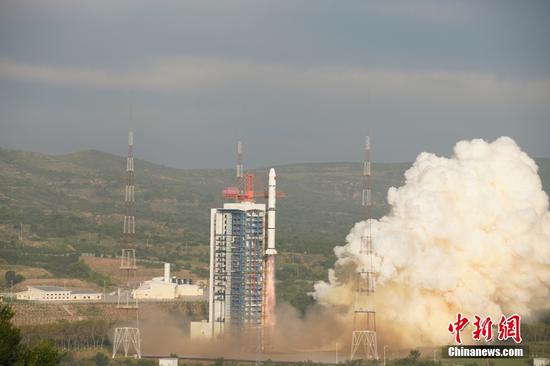


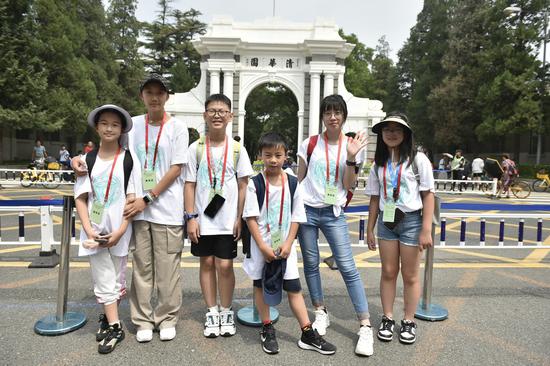

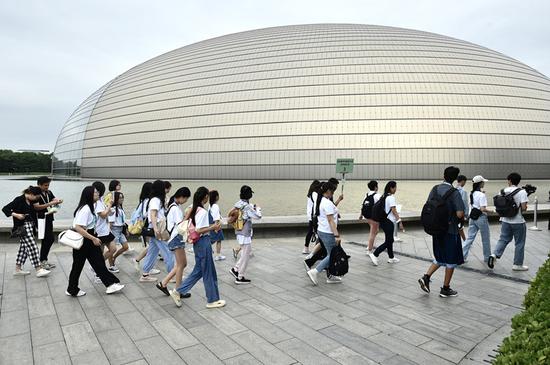
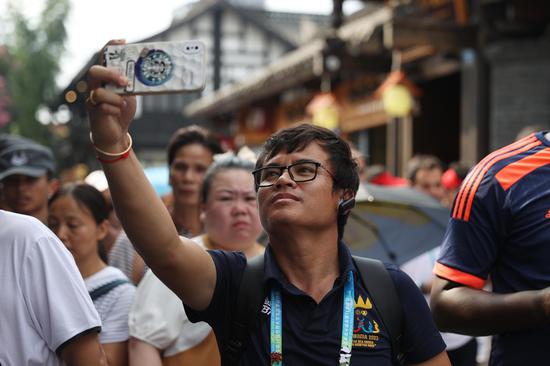

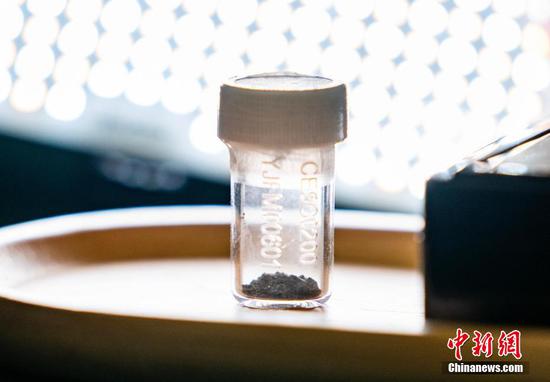



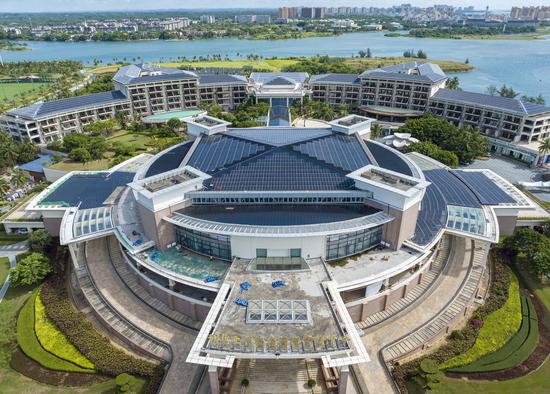
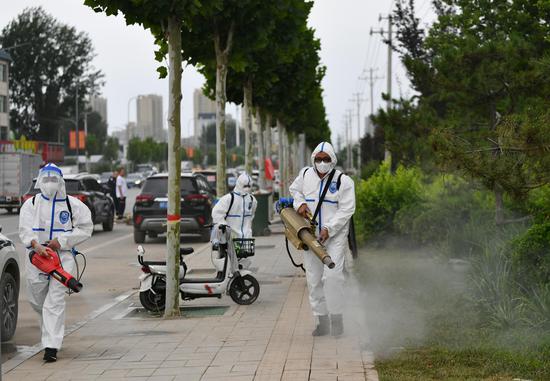







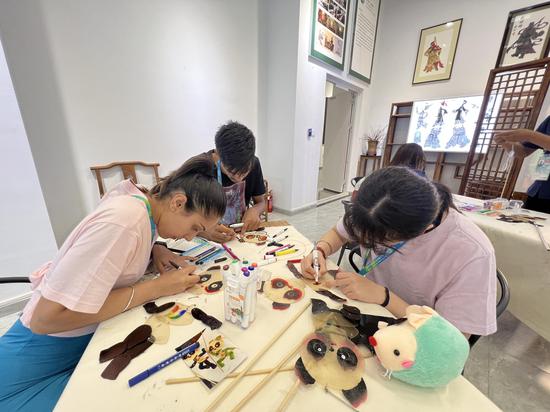






 京公网安备 11010202009201号
京公网安备 11010202009201号